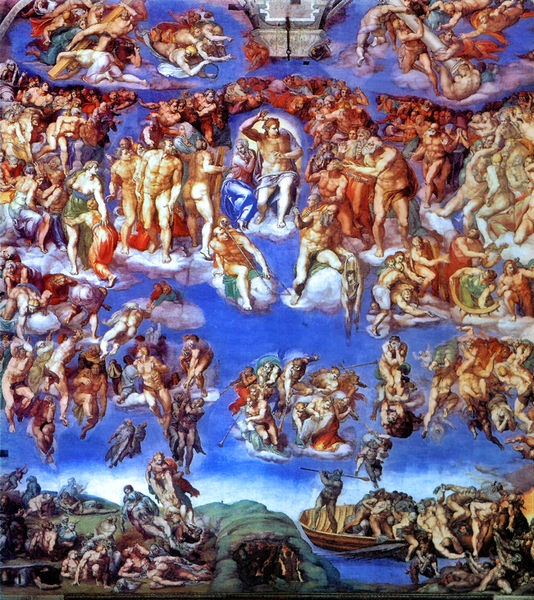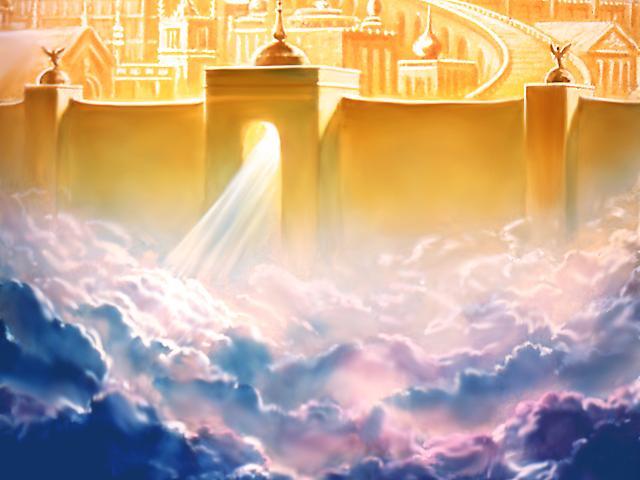|
|
Online Texts for Craig White's Literature Courses LITR 4368 Literature of the Future Index to Scriptural Texts of Creation & Apocalypse |
|
Warnings: Reading scriptural texts is usually a different experience from reading standard Literature assignments like short stories, novels, poems, or plays.
Even religiously-devoted readers may not read scripture regularly or thoroughly, instead reading it like a reference book or self-help book, or they listen to what other people (like pastors) say about it.
The issues associated with creation-apocalyptic scripture can't be resolved simply by spending another day reading and discussing, so our class hurries forward but counts on repeated references and "cultural knowledge" of apocalyptic texts for support.
Teaching Literature with Religion (or religious texts as literary texts, etc.) esp. in Public Schools
![]()
![]()
![]()
![]()
![]()
![]()
![]()
![]()
![]()
![]()
![]()
![]()
![]()
![]()
![]()
![]()
|
Genesis (selections) (chapters 1-4) Revelation (complete) The "Little Apocalypse" (Matthew 24) St. Paul on "The Rapture" (1 Thessalonians 4:15-17) Daniel chapters 7-12 (apocalyptic visions) These online texts are all based on the King James Version (1611). You may read and refer to other translations. The King James Version of the Bible is used in literary studies because it is the most widely cited and quoted English translation. Also, since the 1611 translation is contemporary with the life and works of the greatest English writer, William Shakespeare (1564-1616), this version of English may be associated in the popular mind with English at its best, or "the English God spoke." |
|

Michelangelo, Last Judgment


